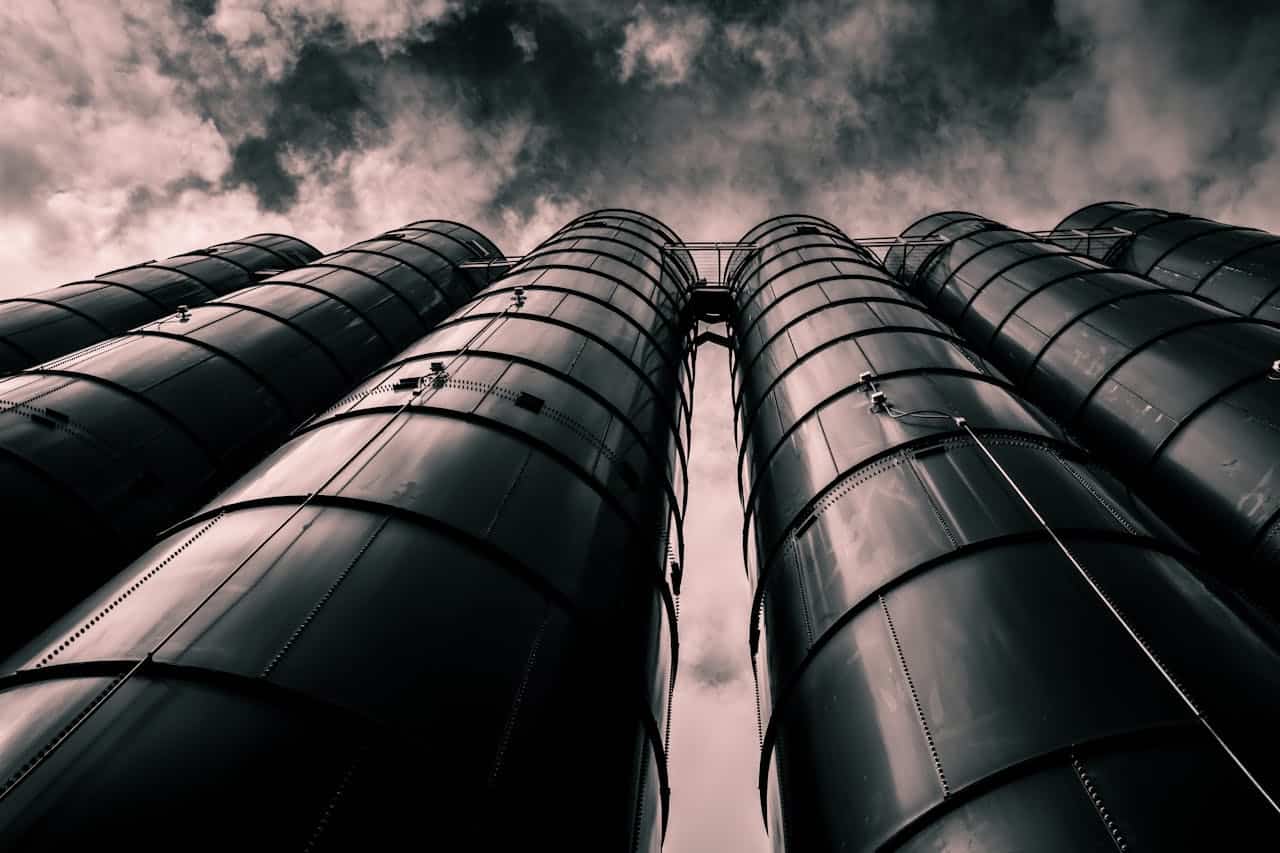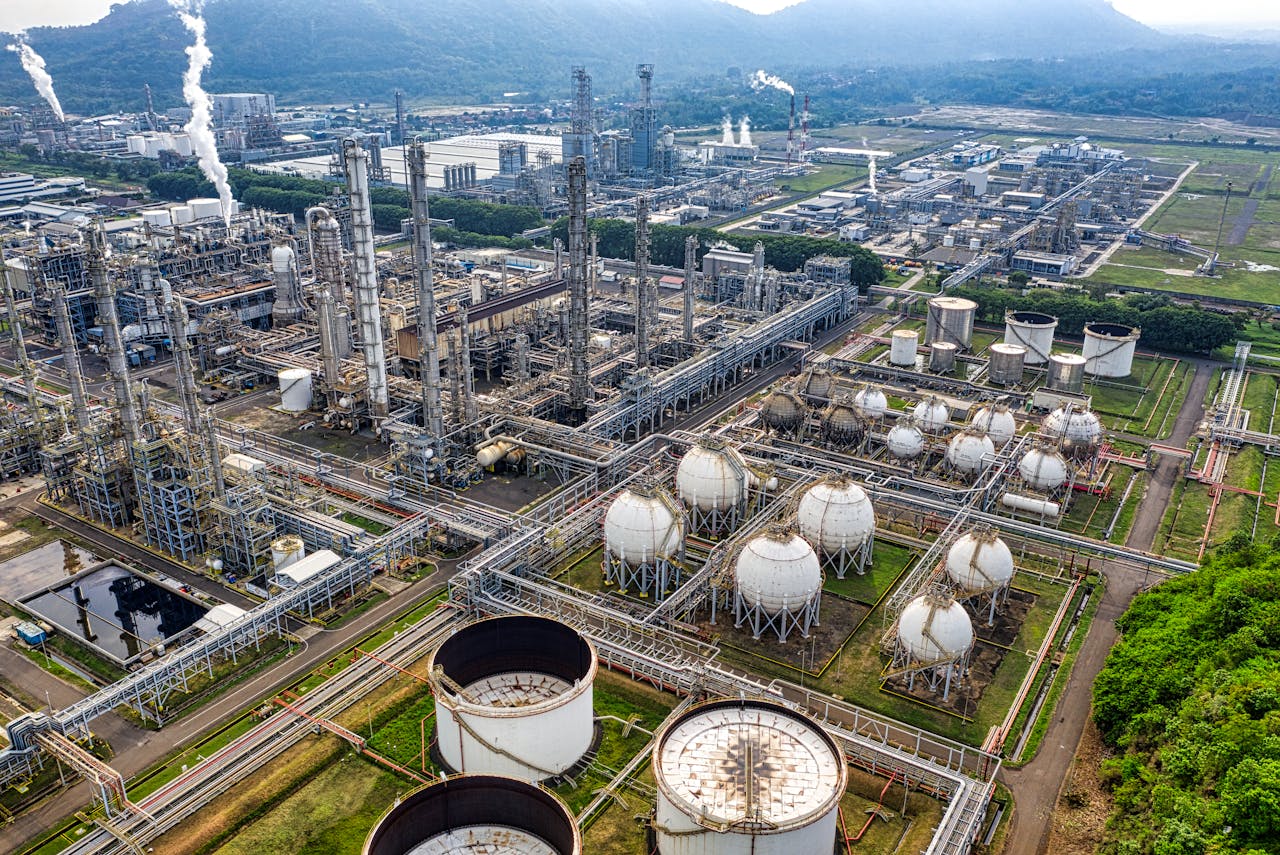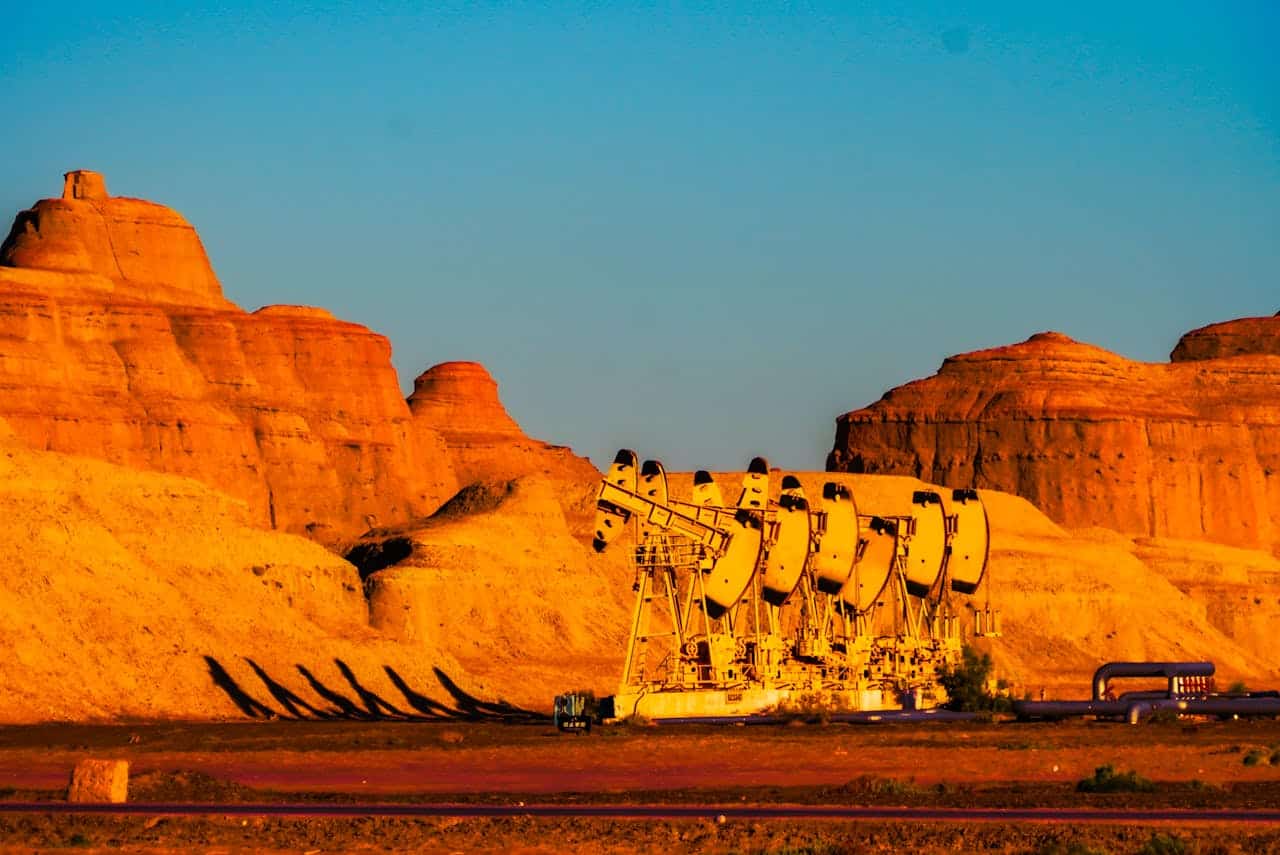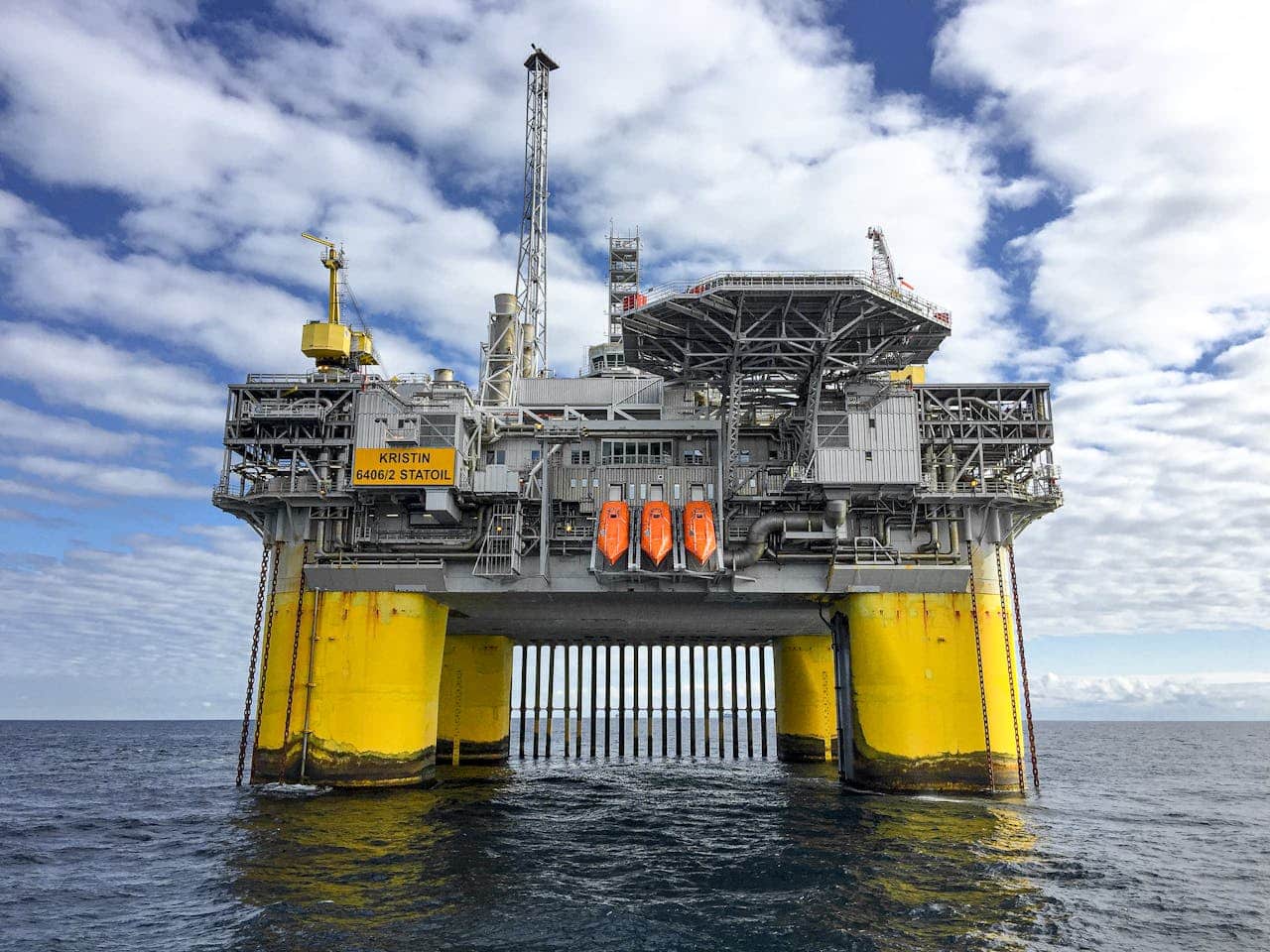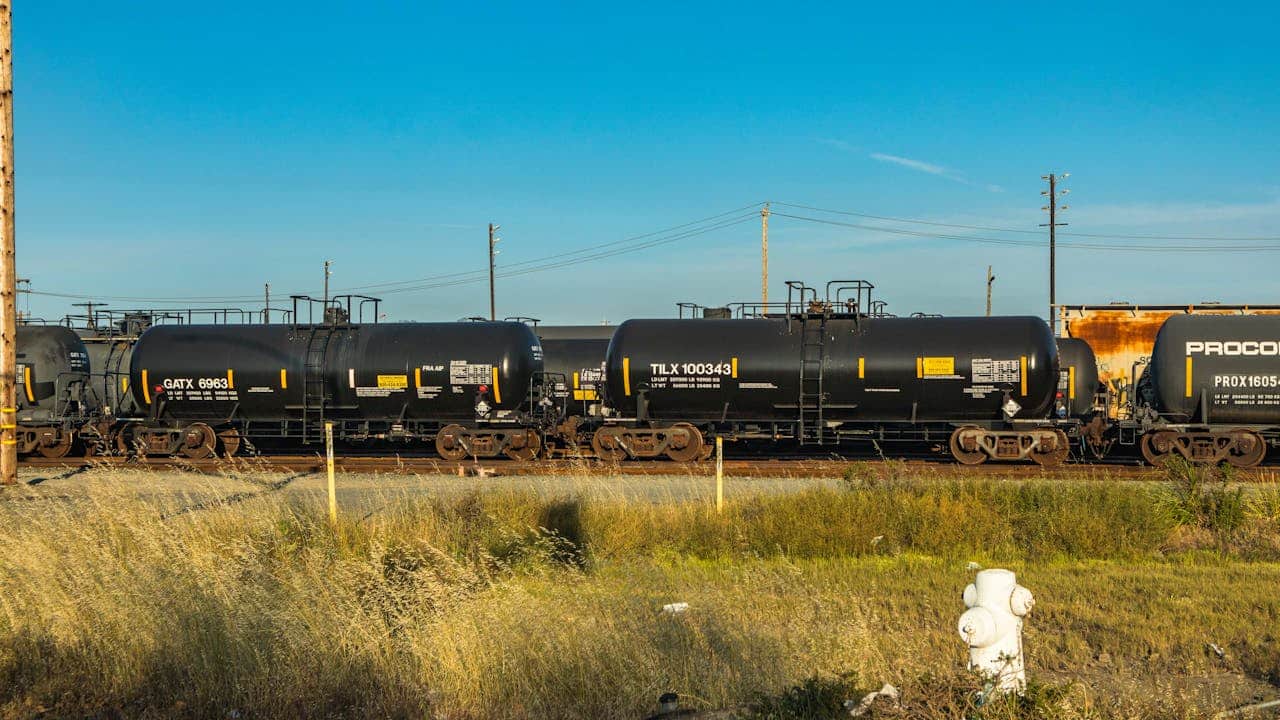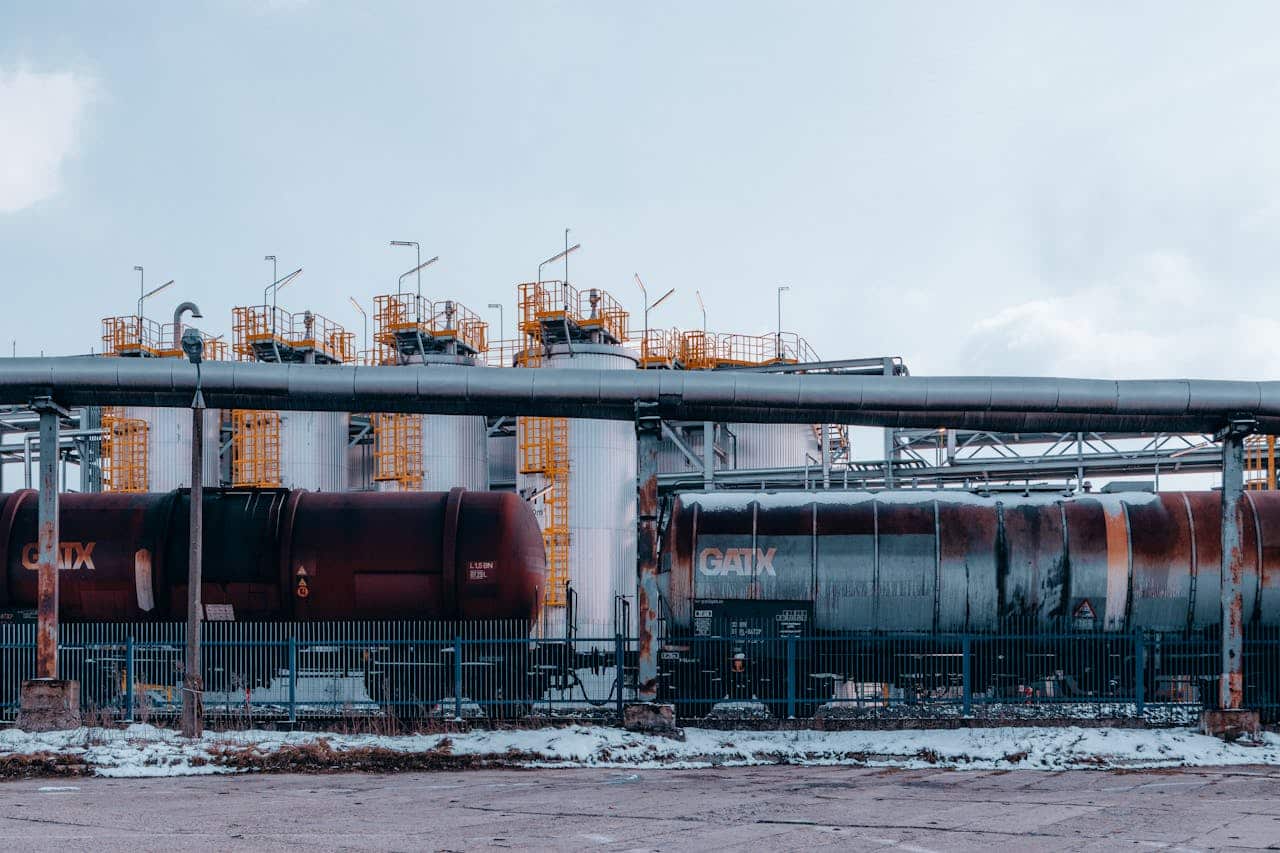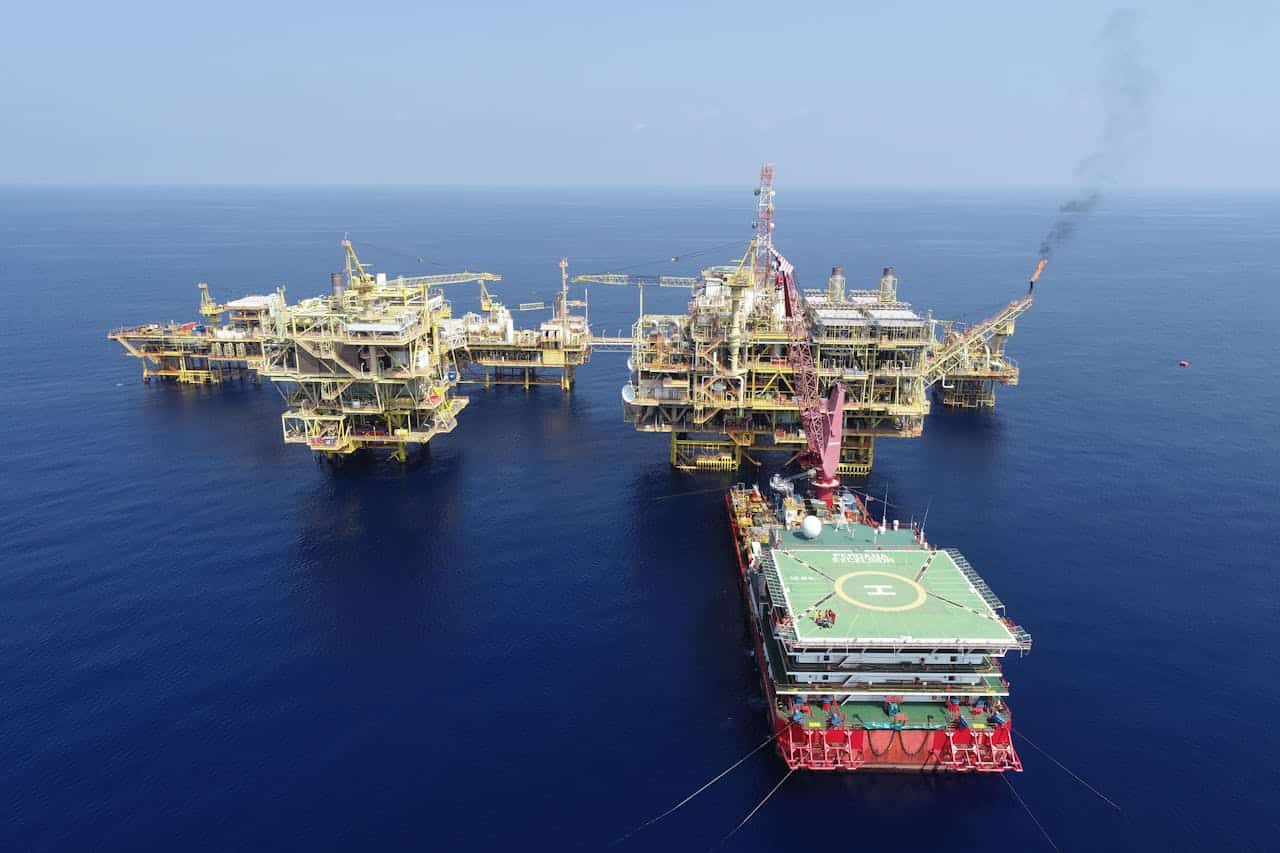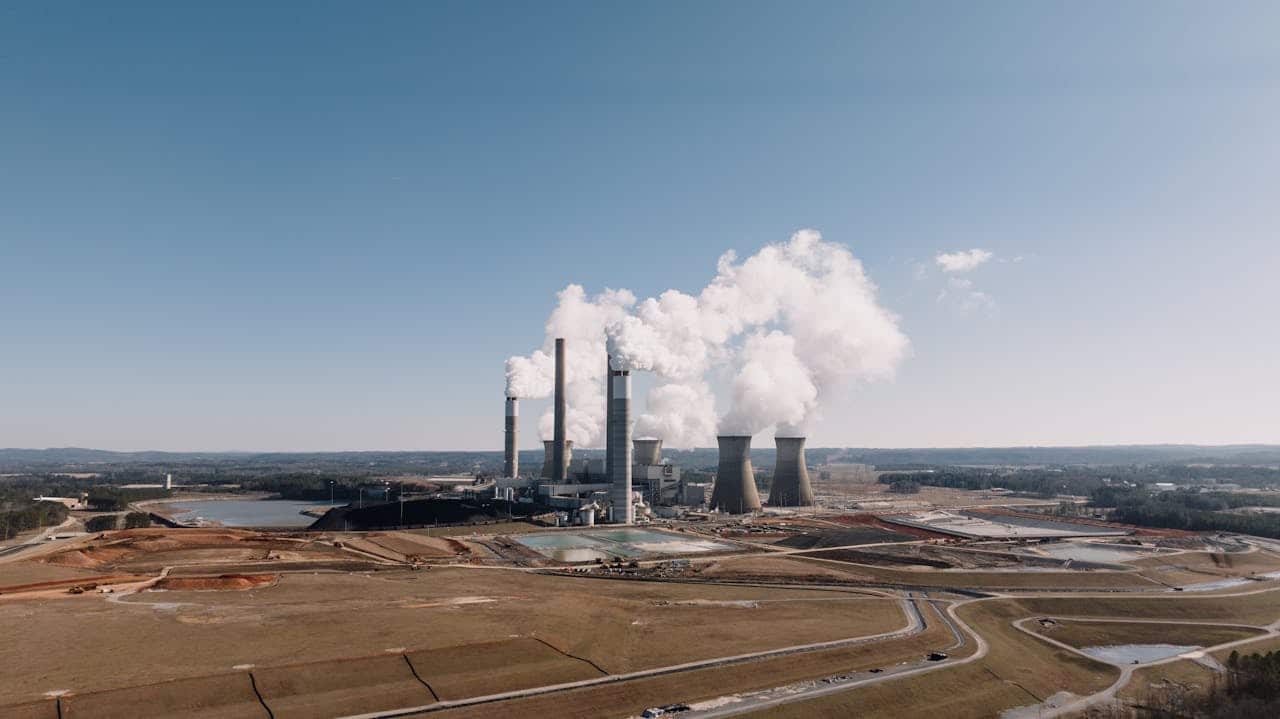Crude Oil and Chemical Tanker Familiarization & Cargo Operations
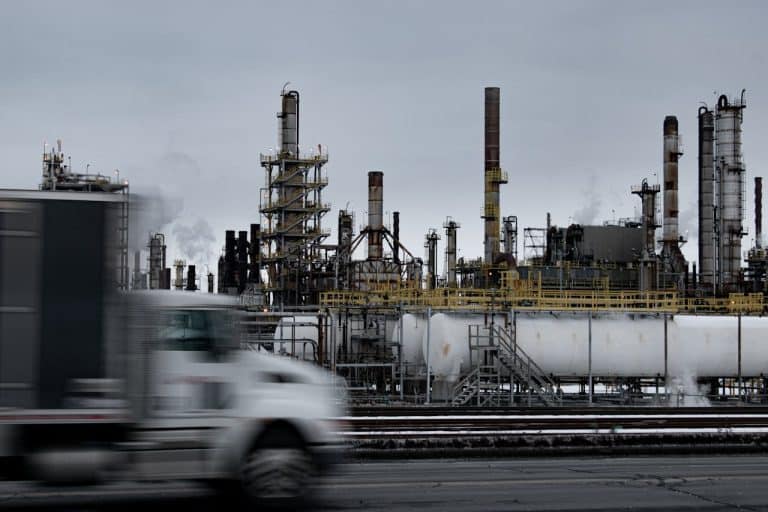
| No upcoming Schedule available for this course. | Register |
|---|---|
| Take control of your schedule! Choose your preferred dates and locations. click the register button. | Register |
| Date | Venue | Duration | Fees (USD) | Register |
|---|---|---|---|---|
| 17 Nov - 21 Nov, 2025 | Dubai | 5 Days | $5775 | Register → |
Did you know that approximately 10,000 tonnes of oil were lost to the environment from tanker spills in 2024 alone? This alarming statistic underscores the critical importance of expertise in tanker operations and cargo management.
Course Overview
The Crude Oil and Chemical Tanker Familiarisation & Cargo Operations course is meticulously designed to equip maritime professionals with essential skills in handling complex cargo operations on specialist ships. This course focuses on cargo handling procedures, shipboard safety measures, and regulatory compliance to ensure operational effectiveness and safety in tanker operations.
Why Select This Training Course?
Selecting this Tanker Operations Course offers numerous advantages for professionals involved in maritime transport, cargo handling, and safety management. Participants will gain advanced knowledge of crude oil tanker operations, chemical tanker handling, and cargo containment systems. The course provides hands-on experience with state-of-the-art simulation equipment and real-time scenario exercises, enabling attendees to optimise their cargo management strategies effectively.
For organisations, investing in this training enhances overall operational efficiency and reduces the risk of accidents. By ensuring that personnel are well-trained in international maritime regulations and MARPOL compliance, organisations not only protect their assets but also build sustainable practices. Recent data shows that over the past half century, spills in excess of 7 tonnes have reduced by over 90% since the 1970s, highlighting the impact of improved training and practices.
Individuals who complete this course will benefit from enhanced career prospects as they become more valuable assets in their respective fields. The skills acquired through this training can lead to professional growth and increased responsibilities within their organisations.
Transform your tanker operations capabilities – Register now for this critical advanced training programme.
Who is this Training Course for?
This Crude Oil and Chemical Tanker Familiarisation & Cargo Operations course is suitable for:
- Ship Officers
- Cargo Operators
- Marine Engineers
- Safety Officers
- Port Operators
- Shipping Managers
- Environmental Compliance Officers
- Maritime Safety Inspectors
- Logistics Coordinators
- Graduate Maritime Professionals
What are the Training Goals?
The objectives of this training course are to enable professionals to:
- Master tanker operations and systems
- Develop expertise in cargo handling
- Enhance safety and environmental practices
- Strengthen emergency response capabilities
- Improve operational efficiency
- Optimise cargo management strategies
- Advanced regulatory compliance knowledge
How will this Training Course be Presented?
The Crude Oil and Chemical Tanker Familiarisation & Cargo Operations Course employs a comprehensive and innovative approach to ensure maximum knowledge retention and skill development. Expert-led instruction from seasoned maritime professionals forms the core of the course, providing up-to-date insights into modern tanker operations and practical applications for today’s shipping industry.
The course utilises a blend of theoretical lectures and practical applications, allowing participants to apply their knowledge to realistic scenarios. Advanced educational methodologies create a personalised and engaging learning journey through:
- Interactive workshops with industry-standard cargo handling systems
- Simulation-based training for real-time operational scenarios
- Case study analysis of successful tanker operations
- Hands-on equipment handling sessions
- Group projects focused on safety and efficiency improvements
- Field demonstrations of latest tanker technologies
- Expert guest lectures from industry leaders
- Real-time scenario exercises for emergency response training
Join us now and elevate your tanker operations expertise to new heights!
Course Syllabus
Module 1: Tanker Design and Systems
- Overview of tanker types and designs
- Cargo containment systems
- Pumping and piping arrangements
- Ballast and inert gas systems
- Tank cleaning and maintenance
- Safety and environmental systems
- Navigation and communication equipment
- Energy efficiency technologies
Module 2: Cargo Handling and Operations
- Cargo loading and unloading procedures
- Cargo transfer systems
- Tank cleaning and preparation
- Cargo heating and cooling systems
- Cargo monitoring and control
- Safety precautions in cargo handling
- Emergency response procedures
- Documentation and record-keeping
- Case studies on cargo operations
- Advanced cargo handling technologies
Module 3: Safety and Environmental Management
- Safety management systems
- Hazard identification and risk assessment
- Emergency response planning
- Pollution prevention measures
- Waste management and disposal
- Environmental compliance requirements
- Safety culture development
- Case studies on safety management
- Best practices in environmental protection
- Future trends in safety and environmental management
- Technology integration in safety management
Module 4: Regulatory Compliance and Standards
- Overview of international maritime regulations
- Compliance with MARPOL and SOLAS
- Port state control inspections
- Certification and documentation requirements
- Legal implications of non-compliance
- Best practices in regulatory compliance
- Case studies on regulatory compliance
- Integration with operational processes
Module 5: Emergency Response and Crisis Management
- Development of emergency response plans
- Incident command system implementation
- Crisis communication protocols
- Coordination with emergency services
- Evacuation procedures and drills
- Emergency equipment and resources
- Post-incident recovery strategies
- Lessons learned and continuous improvement
Module 6: Advanced Cargo Monitoring Technologies
- Real-time cargo monitoring systems
- IoT applications in cargo management
- Data analytics for cargo optimisation
- Smart sensors and automation
- Cybersecurity considerations
- Integration with cargo operations
Module 7: Human Factors and Crew Resource Management
- Understanding human factors in operations
- Crew resource management techniques
- Communication and teamwork strategies
- Leadership and decision-making skills
- Conflict resolution and stress management
- Training and competency development
- Case studies on crew resource management
Module 8: Port and Terminal Operations
- Port and terminal infrastructure
- Cargo transfer and storage facilities
- Port safety and security measures
- Coordination with port authorities
- Port state control inspections
- Environmental considerations in port operations
Module 9: Risk Management and Mitigation
- Risk assessment methodologies
- Risk control measures
- Quantitative risk assessment
- Qualitative risk assessment
- Risk communication strategies
- Risk management frameworks
- Emergency preparedness planning
Module 10: Leadership and Communication Skills
- Effective communication strategies
- Team leadership and management
- Conflict resolution techniques
- Negotiation and persuasion skills
- Cross-cultural communication
- Stakeholder engagement and collaboration
- Presentation and reporting skills
- Building collaborative and high-performing teams
- Coaching and mentoring practices
- Emotional intelligence in leadership
Module 11: Tanker Operational Procedures
- Standard operating procedures for tankers.
- Pre-arrival and post-departure checklists.
- Tank preparation for different cargoes.
- Use of cargo hoses and hard arms.
- Emergency shutdown systems during operations.
- Procedures for gas freeing and purging.
- Managing cargo-specific risks.
- Changeover procedures between cargoes.
- Cargo heating and cooling operations.
- Monitoring for cargo stability and safety.
- Procedures for cargo tank inspections.
- Coordination with shore personnel.
Training Impact
The impact of tanker operations training is evident through various real-world case studies and data, which demonstrate the effectiveness of structured programmes in enhancing safety and operational efficiency.
Research indicates that organisations implementing structured tanker operations training programmes have demonstrated measurable benefits in both safety improvements and operational efficiency. The decade average to date is 7.4 spills (>7 tonnes) per year, which is a slight increase on the average for the 2010s, but a dramatic reduction from earlier decades.
These case studies highlight the tangible benefits of implementing advanced tanker operations techniques:
- Improved safety in cargo handling and transfer operations
- Enhanced operational efficiency through reduced loading and unloading times
- Increased compliance with international maritime regulations
- Strengthened emergency response capabilities for tanker operations
By investing in this advanced training, organisations can expect to see:
- Significant improvement in tanker safety performance indicators
- Improved ability to handle complex cargo operations
- Enhanced decision-making capabilities in emergency situations
- Increased competitiveness through comprehensive tanker management strategies
Transform your career and organisational performance – Enrol now to master Crude Oil and Chemical Tanker Operations.

